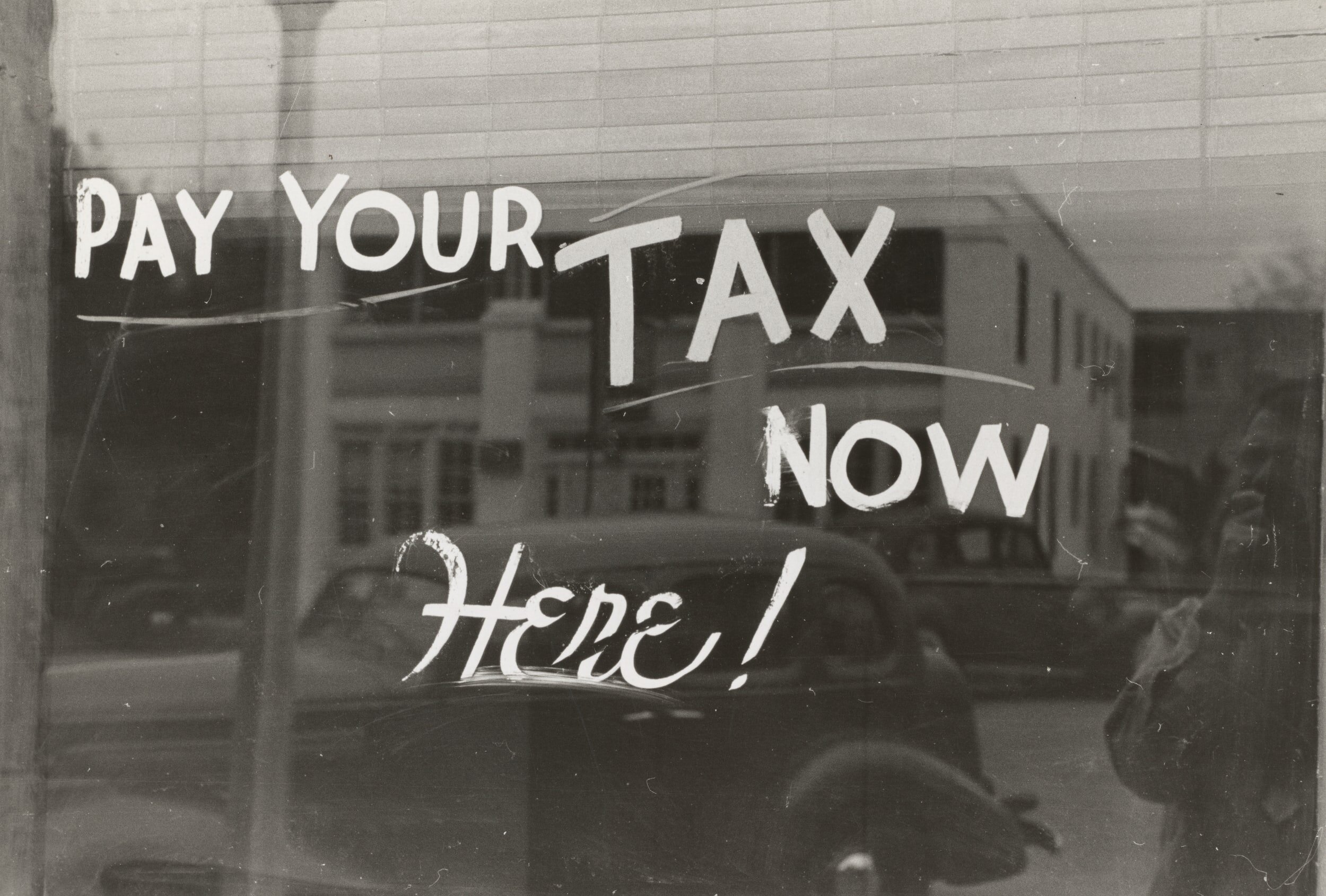Why Every Canadian Should File a Personal Tax Return
A friend of mine has been in a nightmare scenario with CRA. She hadn’t filed her tax return in a few years mostly because she had one T4, figured that she didn’t owe any tax and was simply procrastinating on an unenjoyable task. In 2020 she receive a notice of assessment from CRA indicating that she owed several thousand dollars, with no additional details except that they had added $25k to her actual income earned. Over the past year, she has called them numerous times to get an explanation and each time she is told that the file is being escalated and someone will get back to her. To date nobody has gotten back to her. To make matters worse, CRA passed this information i.e. additional income on to Revenue Quebec (without any details) which resulted in a significant assessment from them. She still has no idea why she was assessed this amount and is now in the unenviable position of calling both revenue agencies on a weekly basis to manage the situation.
To reduce the likelihood that this will happen to you and for a variety of other reasons, it is important for every Canadian who is over the age of 18 to file a tax return on an annual basis. While this isn’t necessarily the funnest thing to do, tax software has made the process relatively painless, especially if your situation is fairly straightforward.
Benefits of Filing a Tax Returns
Receive a refund—or avoid penalties and interest! Even if you have the simplest situation as an employee who receives a T4 and nothing else at the end of the year, it is possible that the taxes calculated and deducted from your paycheque are not exact. This happens in situations where your earnings are variable from paycheque to paycheque or it is possible that the payroll tax software being used by your employer is not 100% correct. In this case you might have overpaid or underpaid your taxes. It is better to prepare your taxes annually, rather than receiving a notice of assessment from CRA assessing additional tax and related interest and penalties.
Save your tuition amounts. If you have paid tuition to a qualifying educational institution, you should always file a tax return even if you have no other income to report. While the tuition tax credit won’t have any impact on your current year taxes, you can carry it forward indefinitely to reduce taxes payable in future years. You also have the option to transfer a portion of it to a parent or spouse thereby reducing their taxes.
Receive GST credits. If your income amount is less than a certain amount you will be entitled to receive a GST credit. You will only receive this if you file a tax return.
Receive Child Tax Benefit. If you have children, you are entitled to Child Tax Benefit that is only available if you file your tax return.
Build RRSP contribution room. If you plan on contributing to an RRSP in future years, you need CRA to calculate your contribution room, which is done when you file a tax return.
Save donation credits. Donations to qualifying Canadian charitable organizations can be carried forward for up to 5 years.
Receive medical tax credit. You might be entitled a refundable medical tax credit if your income is below the threshold and your medical expenses exceed a certain amount.
Receive worker benefit. You might be entitled to Canada’s worker benefit if your income is under a certain threshold, which means that you would receive a tax refund simply for working.
Save capital loss credits. If you have investments that were sold at a loss during the year, you can apply these in future years against gains on investments to reduce tax.
Receive senior benefit. You are a senior and want to claim the Guaranteed Income Supplement (GIS).
Reduce household taxes. If you are senior, you and your spouse can reduce taxes by splitting your pension income.
Situations Where You Must File a Tax Return:
There are also certain situations where you must file a tax return:
You owe any amount of tax for the year. Failure to file will result in penalties and interest that will accumulate until the tax return is filed and balance paid off.
CRA sent you a notice requiring that you file a return.
You sold an investment or a principal residence (the home that you live in) during the year. Even though taxes are not usually payable when you sell your principal residence (your home) you are still required to report the sale on your tax return.
Your annual income meets the threshold over which you have to repay some or all of your Old Age Security (OAS) benefits.
You have a balance payable for RRSP Homebuyers’ Plan or Lifelong Learning Plan.
You have any self-employment income. Note that while the basic personal amount (amount under which no income taxes apply) is about $13k currently, CPP contributions are due on any (active) amounts earned exceeding $3,500.
Additionally, filing your tax return reduces the chances that you will end up in the same situation as my friend where CRA and/or RQ send you an assessment telling you that you owe them money. Once you are on that list, the chances of future audits increases substantially. Finally, not doing your tax return leads to ongoing low grade stress for many people. Given how easy it is for the majority of people to do (or outsource), there is no reason not to do it as soon as you can and get it over it.
Ronika Khanna is an accounting and finance professional who helps small businesses achieve their financial goals. She is the author of several books for small businesses and also provides financial consulting services.
Subscribe to our biweekly newsletter to receive articles, tips, tools and special offers for small businesses.










UPDATED FOR 2024
Mastering Canadian taxes as a small business or self-employed owner can often feel complex and overwhelming. Simple errors, oversights, and miscalculations can result in paying a higher tax bill than is necessary and result in costly audits and/or penalties.
But keeping your business on the right side of the tax authorities is easier than you think. Small Business Tax Facts: An Easy-to-Understand Guide for Canadian Small Business Owners teaches you the fundamentals and the facts about income and tax. It shows you how to navigate taxes, pay only what you owe, and on time, and save your hard earned money by claiming the deductions that you are entitled to.
Inside this comprehensive and helpful guide for unincorporated small business and self employed owners, you’ll discover:
a comprehensive breakdown of business expenses and deductions with examples to help you maximize your tax savings
detailed explanation of income tax implications for small business and self-employed individuals
expert guidance on how tax brackets and rates work so that you can understand exactly how you are taxed
the differences between being an employee and a small business/self employed owner allowing you to make informed decisions about your tax obligations
how to register for an online CRA Account to simplify your tax reporting and compliance
a list of the most common tax deductions and tax credits to help you reduce your tax bill
insights into how small business/self employed owners should do their accounting to simplify the tax preparation process
guidance on how to prepare and file your own business income tax return, allowing you to save on hiring an accountant
insights on sales taxes, including how to prepare your sales tax (GST/HST) returns accurately.
how Canada Pension Plan (CPP) contributions work ,how to calculate them and how they affect your taxes payable
and so much more!
Discover insider secrets, tools, techniques, and must-know information from author Ronika Khanna CPA, CA, & CFA, and learn to navigate your Canadian small business taxes with ease.
Get your free small business tax return checklist .